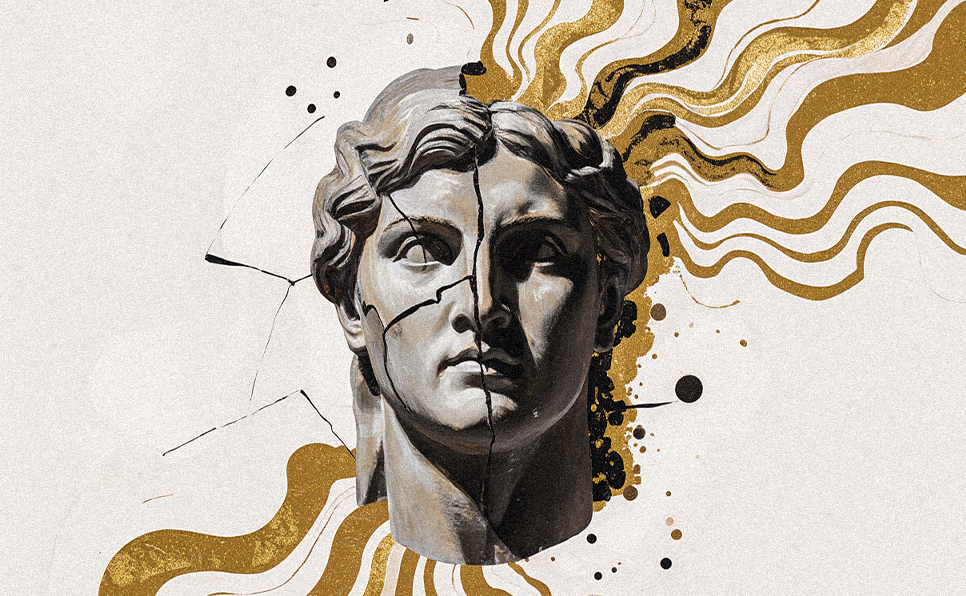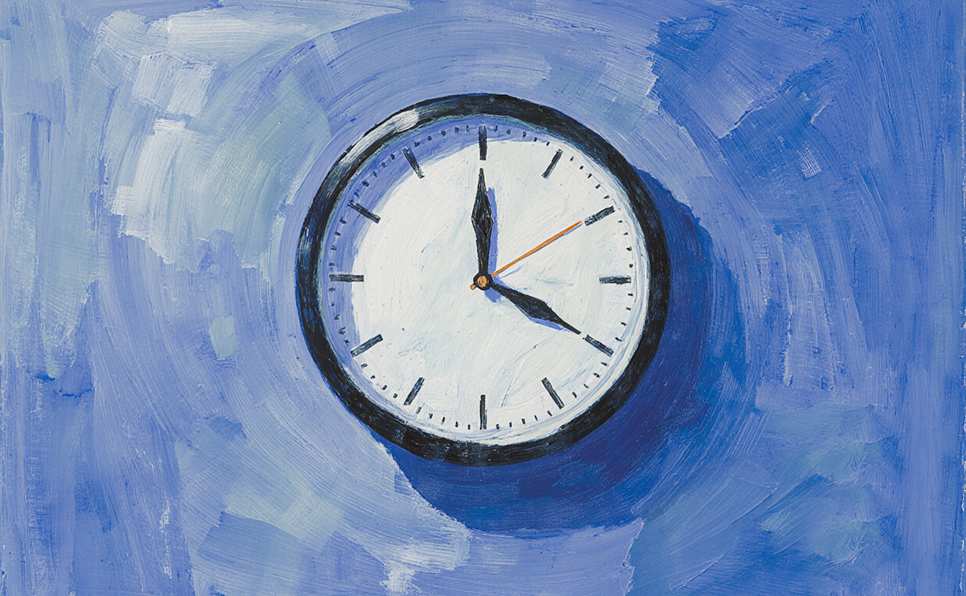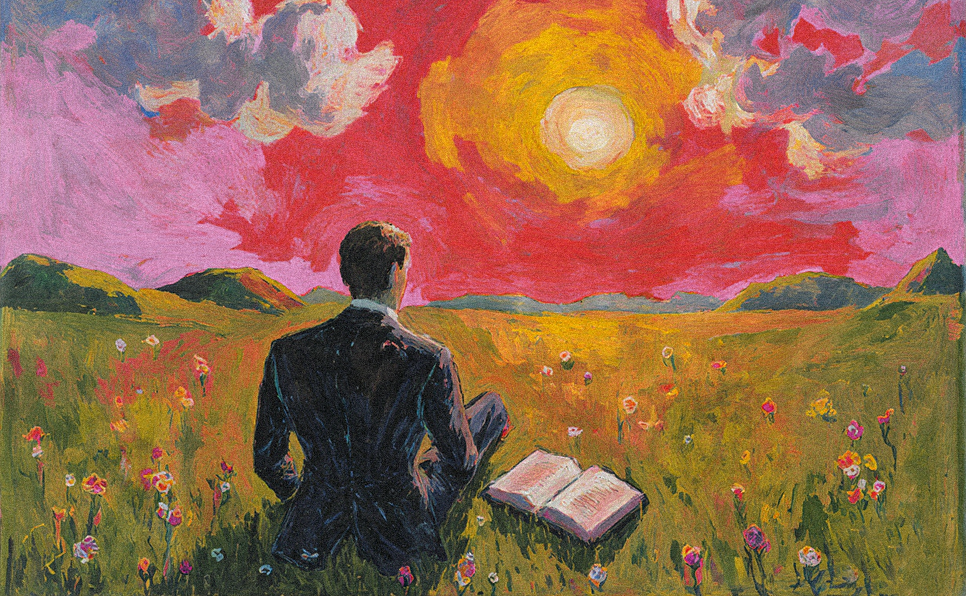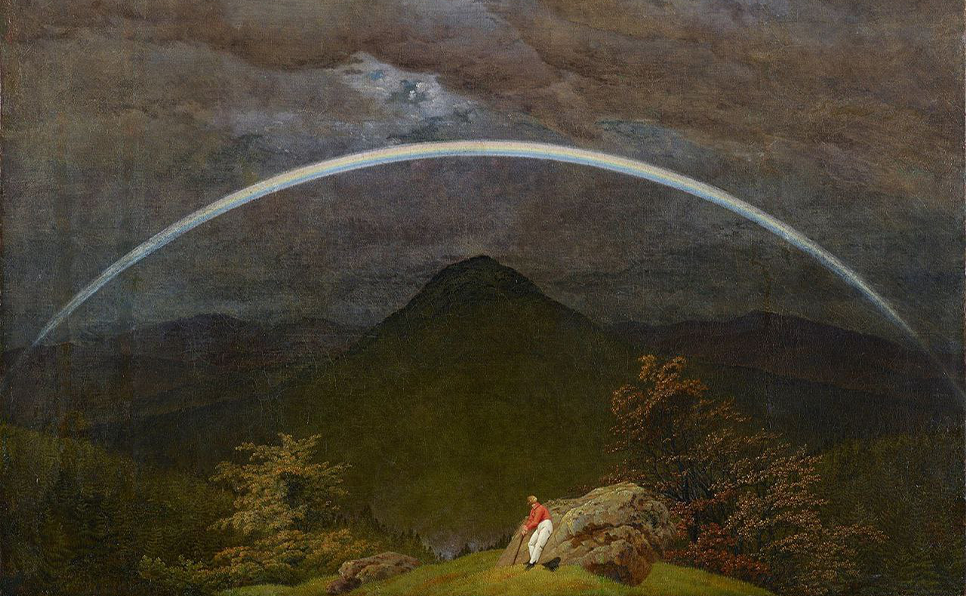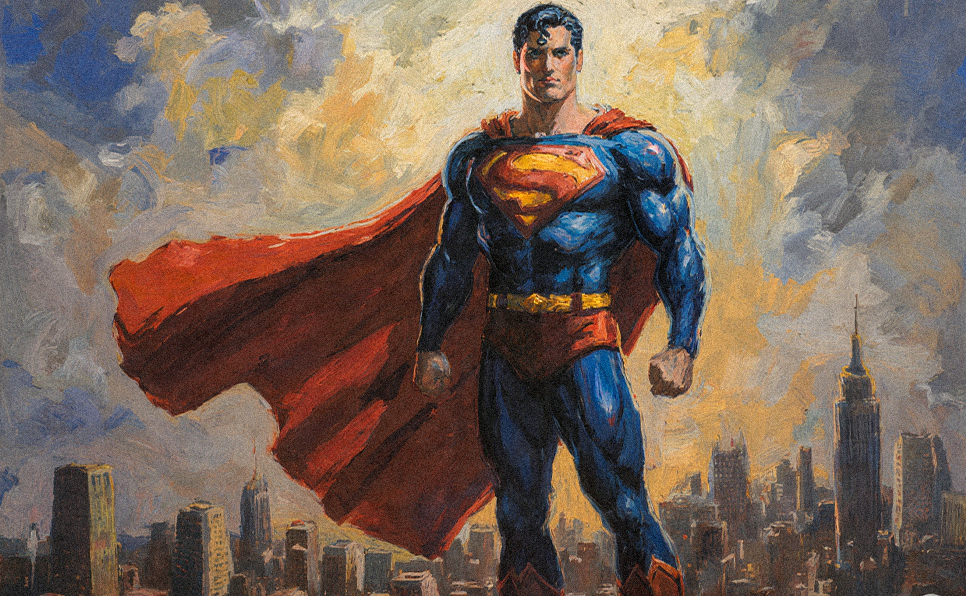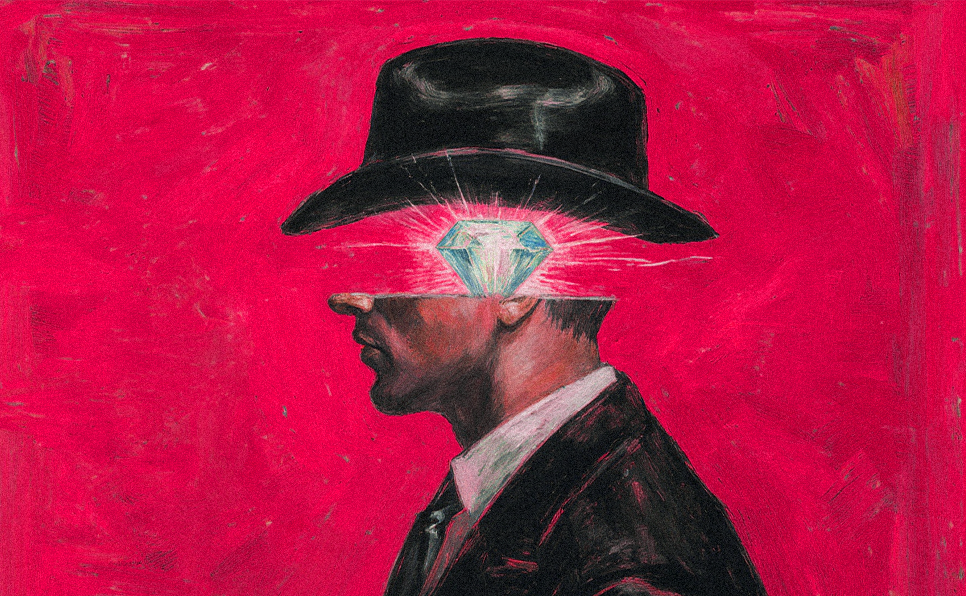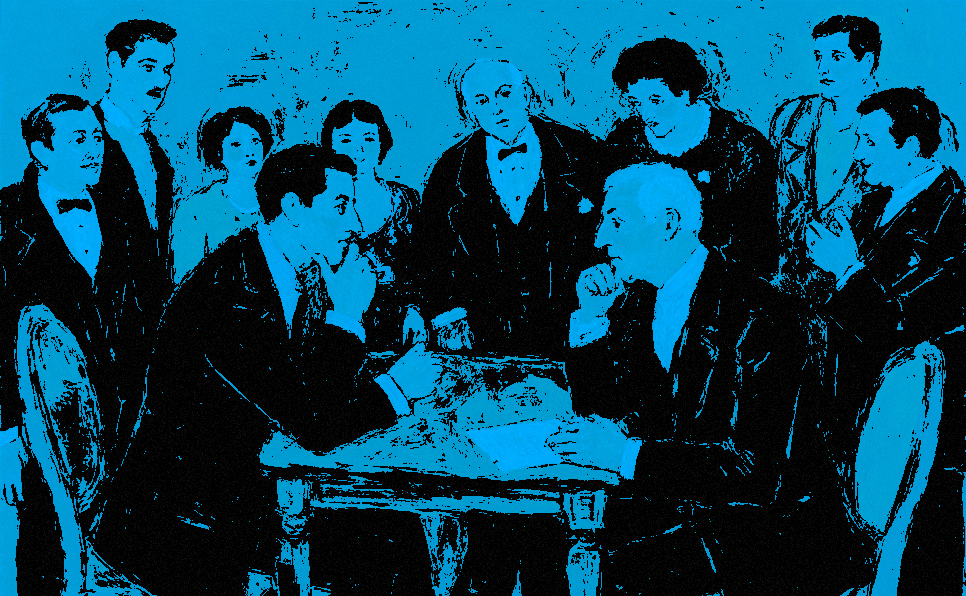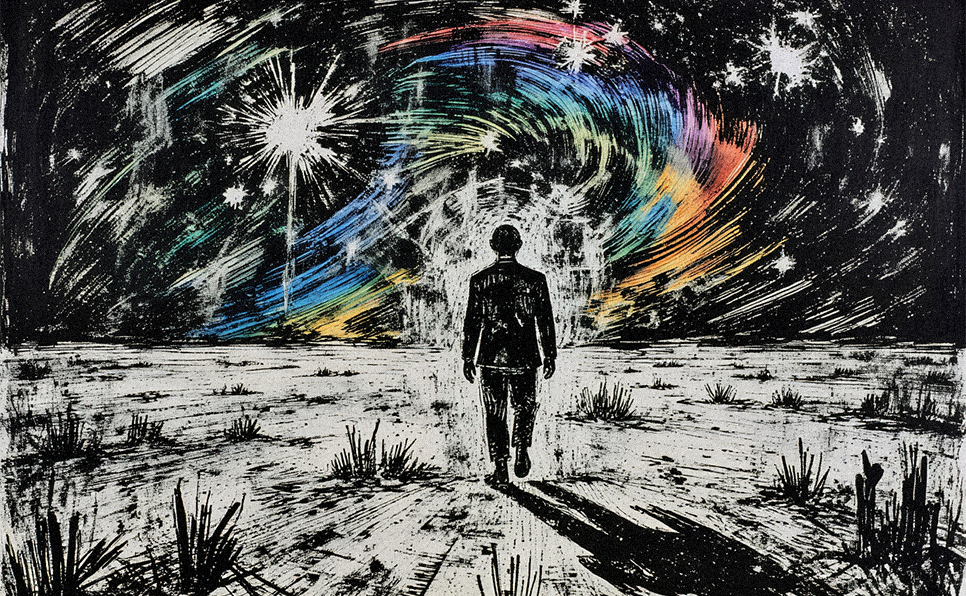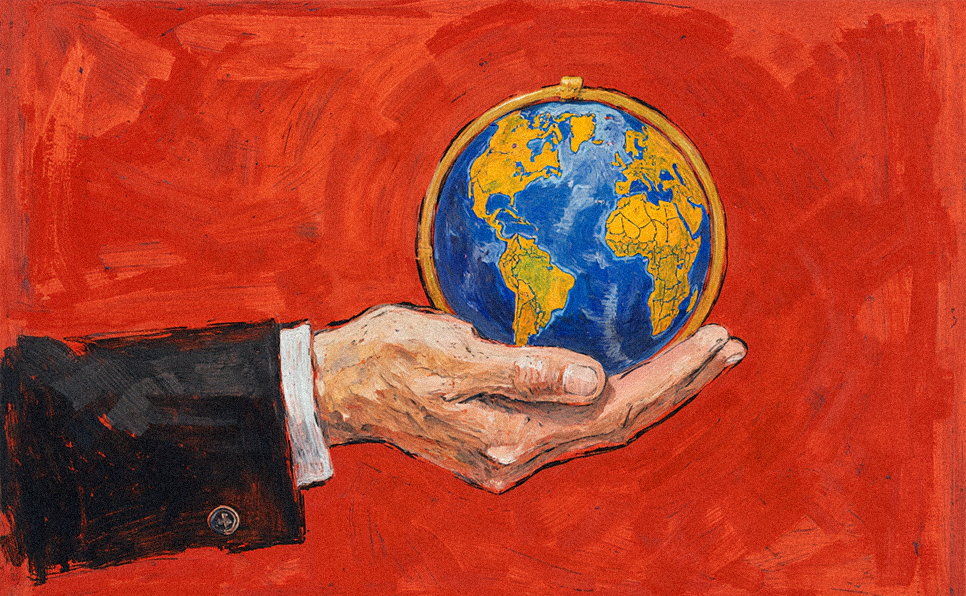Life is not always a smooth road. Most of the time it is full of rocks and bumps, full of moments when you feel like everything is weighing you down. But these difficulties are part of the story; part of what makes us who we are. If everything were to be simple and easy, no one would have the opportunity to grow.
Suffering is like a mirror that is held up in front of us. In those heavy moments, we see who we really are, how much we can stand, and how much we are willing to continue. Life tests us with all its pressure, but it is in the heart of those pressures that we find strength. Just like a seed that must break through its hard shell to become a sprout.
Sometimes despair comes to us and says that it is no use anymore, that you can no longer do it. But if we stay in the moment just a little longer, if we take just one more step forward, we will see that the hardship was not so endless. Life always seems to have something beyond the breaking point; a meaning, an opportunity, a new form of ourselves.
Creation always comes out of this darkness. He who has not suffered has nothing to create. Pain is raw material; we choose to build walls or bridges with it. We can be crushed under its pressure or, with the same pressure, build a new resilience within ourselves.
The truth is that life will remain difficult. There is no prescription that will make everything painless. But we can choose: whether to give up and stay where we are, or to embrace the pain and continue to build. Ultimately, the meaning of life is not in comfort, but in continuing.
Perhaps this is the great secret: life is difficult, but we have the power to be difficult. We are not made to run away, we are made to endure, to rebuild, to rise even when everything is destroyed. Difficulties are not the enemy, they are part of the path. And if we stand in their hearts, one day we will realize that they were what made us who we truly are.
There is a quote from Seneca that says: “Only time can heal what reason cannot.”
It’s a simple statement. But the more I think about it, the more truth it hides. It reminds us that there are certain wounds or difficult moments that logic cannot solve.
We always face difficulties and challenges. Usually in these situations, some of us get discouraged. But I want to talk about those people who don’t get discouraged. They say to themselves, “It wasn’t meant to be this way.” But does this quote really save us? Some of life’s challenges are beyond our logic. For example, when parents lose their child, they may know why, but is that knowledge enough to resolve the bad feeling? I don’t think so. This is where reason fails.
Time doesn’t bring reason. It doesn’t talk to us. It just passes. Like a river, it just passes. A river smoothes sharp stones over the years just by passing. Time will reset us. The pain will stay with us. We haven’t really solved the problem. We’ll just make peace with it.
Years later, those parents will grieve, but it won’t be all-consuming. That’s a favor that time does us. A favor that our brains can never do.
“Knowledge that is acquired under compulsion obtains no hold on the mind.”
– Plato
The more I think about this sentence, the more it becomes clear to me. Real learning (the kind that sticks in our minds) cannot be forced into our minds. It has to be something you want to know.
Right now, I and probably you don’t remember 90 percent of what we learned in school. Forced knowledge never works.
Real knowledge is valuable when it enters our brains, when we acquire it with curiosity. When you are curious and decide to learn something, it feels alive. The mind naturally wants meaning and wonder, not just raw facts.
A child who is fascinated by a butterfly flying or a cat did not become fascinated by these things because of their parents. It is the act itself, the real self of the thing that fascinates them. This is real learning. Playful, free, and unforgettable.
The system kills our curiosity. They tell us what we know and what we don’t know and when to stop asking questions.
We are now faced with an information bomb. Plenty of opportunities to learn anything we want. Knowledge should feel like freedom, not a prison.
Don’t learn because you have to. Learn because you want to.
Somewhere along the way, life has convinced us to be afraid of being different. Being “normal” is the surest way to belong. But the truth is that the people who make a difference in the world are not normal. They are never normal. They are weird.
What is called “weird” is usually a version of you that exists without any fear. But how many times have we stopped that weird part of ourselves? How many times have we tortured ourselves to silence that part of ourselves?
Every advancement in any field that has ever existed has been because of a human willingness to look at something differently. Da Vinci dissected corpses to understand what was inside. It was taboo in his time. Tesla dreamed of infinite, wireless energy in a world that barely understood electricity. And there are many other examples of anonymous dreamers believing in things that made other people roll their eyes and say, “This guy is crazy.”
In a world that’s trying to tell you what’s right, stick to what you think is right. It’s your choice to walk your own path.
The world doesn’t need more copies. If your mind is different, let it be different. If your ideas make people doubt your brain, shout your ideas.
Lois Lane: We’re so different. I was just some punk rock kid from Bakerline and you’re… Superman.
Superman: I’m punk rock.
Lois Lane: [laughing] You are not punk rock.
Superman: I like the Strangle Fellows, the P.O.D.s, and the Mighty Crabjoys.
Lois Lane: Those are pop radio bands, they’re not punk rock. The Mighty Crabjoys suck.
Superman: Ah, well, a lot of people love ’em.
Lois Lane: My point is I question everything and everyone. You trust everyone and think everyone you’ve ever met is, like… beautiful.
Superman: Maybe that’s the real punk rock.
Our minds are the most valuable asset we have and will ever have. Forget your house, car, and possessions. It’s your thoughts that are the real gold. (Maybe even the real Bitcoin)
Today’s world is after our minds. We rent our minds to different people without even paying rent. Ridiculous opinions, cheesy ads, catchy headlines, etc. When these enter the brain, good luck getting them out.
We are living in an age of worthless information. The golden age is for the loudest, not the smartest. Our feeds carefully drip-feed us with content to distract us.
People get to decide what goes into their brains. We shouldn’t let just anything go into our brains. The more information you put in, the better, but the more “useful” information you put in.
Think of it like you own a house. You definitely wouldn’t let any stranger come into your house and sit on your couch and start ordering pizza and inviting other people over.
You definitely shouldn’t be a recluse. Social media has helped us. But control it. Don’t let the algorithms control you. Be anti-algorithm. So the next time something tries to enter your mind without permission, stop and ask: Does this belong here?
One of the biggest problems we face today, both online and offline, is a lack of conversational intelligence. I don’t mean that we can’t talk. I mean that our ability to talk more deeply and interact with each other’s ideas and respond thoughtfully has been greatly diminished.
Conversational intelligence doesn’t just mean having an opinion.
Marcus Aurelius says it beautifully.
“You always own the option of having no opinion.”
Conversational intelligence doesn’t just mean having an opinion about everything. Sometimes we have to process complex thoughts and react to them without our own feelings. It means putting ourselves in the shoes of the person who said it and then deciding what our reaction is. You shouldn’t see everything as zero and one.
What I feel is that people today want to jump to conclusions. It’s impossible. It’s not organic and natural. Maybe it’s because of the social media and it’s made us receive a lot of information in 1 minute without even focusing on any of it. Social media has made us think lazy.
One of the ways that I think can help is to reduce reading. We read less deep things like novels. Reading teaches us patience and data analysis. It trains our brains to be able to break down complex concepts and penetrate deeper into their layers.
When people don’t read, when people They don’t see, and when people don’t listen and are only exposed to short, concise content like a tweet or a minute-long video, they lose their mental stamina for a deep conversation. I’ve even seen people watch movies at 2x speed.
The good news is that this skill can be trained. I hope that in the future, conversational intelligence will be strengthened between people. Because the world is really meaningless without real, meaningful conversations with each other.
The moment when we no longer need the approval of others is an unattainable moment. Think about it. So much of what we do is for the approval of others.
There is an invisible feeling that we want to be liked by others, and it makes sense. Who doesn’t want to be liked? But this invisible feeling permeates our decisions and choices. It even prevents us from dreaming because we have to filter it through the opinions of others.
But really, if you want to change the world, you shouldn’t care about what people think. It really doesn’t matter. I don’t mean to be mean and not listen to anyone. I mean, you should achieve a freedom from within to listen to everyone’s opinion and analyze it for yourself. That’s when our ideas are built on a solid foundation.
Again, you shouldn’t be arrogant. You shouldn’t be cold. You should be rich. When you know who you are and what you want, a little wind can’t destroy you.
Approval is something that disappears. Very quickly. Today you have it, tomorrow you don’t. One day you even have criticism, which is much more terrible than approval from others.
When people want to create something meaningful, they must first know themselves. They should not let their thoughts and ideas be hostage to the thoughts and ideas of others. Innovation is formed by taking risks and breaking rules.
So it’s okay if you are not popular. Stand up for what you believe in. Serve humanity. Express your ideas freely. By doing this, you have already won.
The daily advancement of AI is undoubtedly poised to profoundly change the world order. We will certainly see changes in economies, governments, and social structures. Artificial intelligence technology is not just about generating photos and videos or getting answers to our questions. AI poses challenges that will affect the distribution of power, resources, and influence around the world.
From an economic perspective, we must discuss automation. By using robots, we can optimize supply chains. This will be transformative, not just for a few people who own companies, but for everyone in the world. Automation will undoubtedly eliminate millions of service and manufacturing jobs. Countries like the US and China, which invest heavily in the development of artificial intelligence, will benefit the most. This could lead to greater inequality between countries than there is now. Smaller countries may not be able to keep up with the pace of AI development in stronger nations, and so they may be left behind and forced to become dependent.
Government and geopolitics will be redefined. Surveillance systems using AI will have greater control over people and society, and they will certainly consolidate power in fewer hands. Democracy will face challenges. Privacy will be at risk. Military weapons will be combined with AI, and warfare will change, perhaps even becoming more frequent.
Algorithms will automate more aspects of our lives than ever before. We will be shown only a grain of sand in the desert. It will be difficult to tell the difference between truth and illusion. Right now, we already face problems with AI-generated videos and photos. There will undoubtedly be more in the future. The gap between the rich and the poor will widen, in education, healthcare, and communication.
All of these things are terrifying. I believe it is more important than ever, not just to compare AI systems or measure their speed, but to focus on the ethics of AI. The choices we make today will determine the kind of life AI will create for humanity in the future: a utopia or a dystopia.
- 1
- 2
